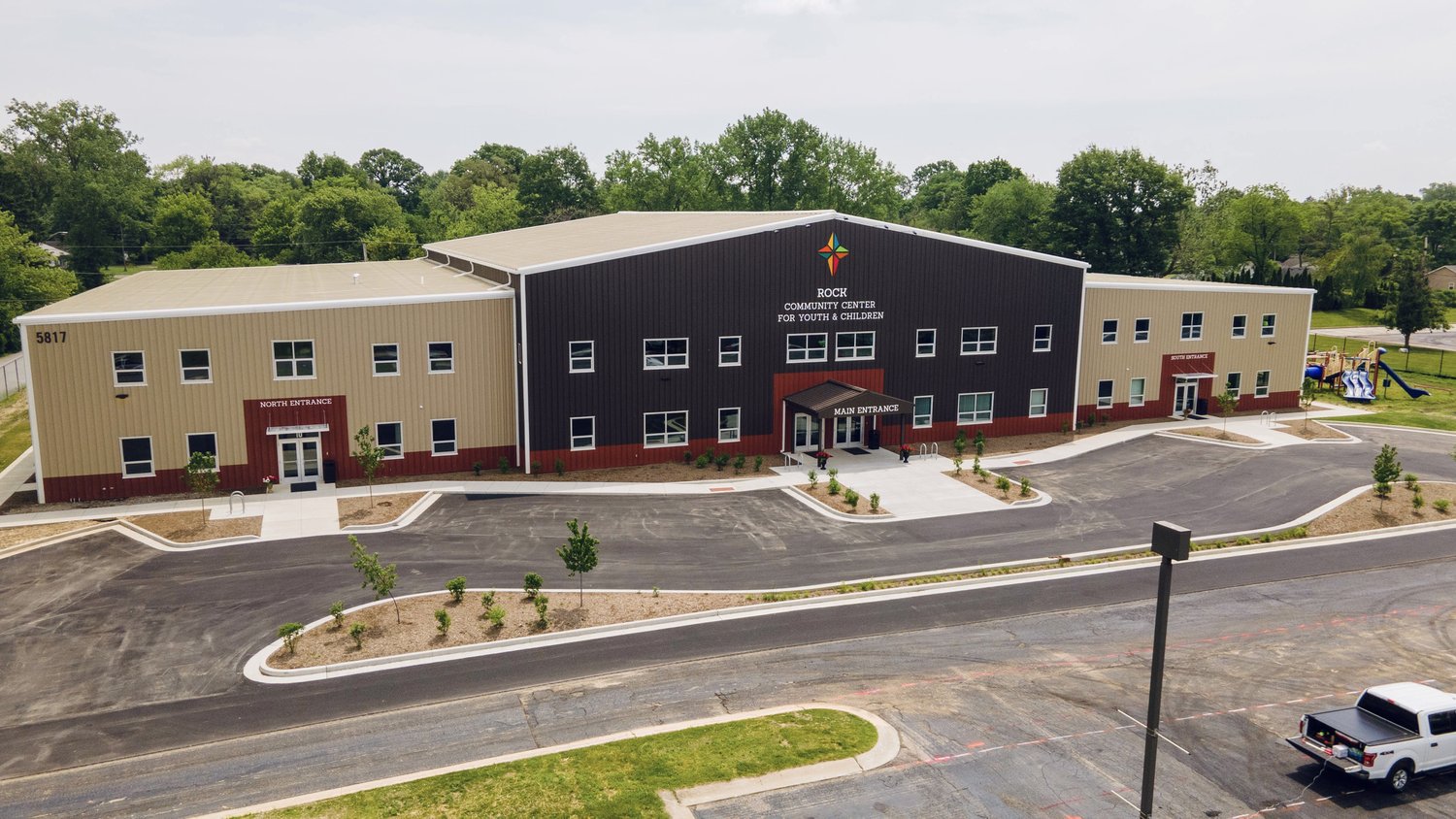Transformation in an Impoverished Neighborhood
Transformation in an Impoverished Neighborhood
Excerpt from Church’s money management lessons lead to transformation in an impoverished neighborhood by Shari Finnell for Faith & Leadership.
After signing the deed to their new three-bedroom home, Steven and Harriet Gaither decided to keep the moving process simple. That first day, Steven focused on assembling their bedroom furniture, and nothing else.
Later that night, as the retired couple marveled at their first home purchase, Harriet whispered to Steven, “Do you hear that?”
He turned to her. “Hear what?”
Harriet once again prodded him: “You hear it?” Then, after a pause: “Quiet.”
They lay in each other’s arms, crying. It had seemed like an impossible dream — the American dream, Steven said.
“We didn’t have no money. No money at all,” he said.
Now, the Gaithers are able to sit on their own front porch with a clear view of a church that is restoring hope among residents in Arlington Woods, one of the most impoverished neighborhoods in Indianapolis.
Committed to giving back, Eastern Star Church, a Baptist church that describes itself as “one church in three locations,” has had a long history of supporting its neighbors in the 46218 ZIP code — an area where nearly 40% of residents live at or below the poverty line.
Here, the average household income is $26,400, compared with $44,900 for the whole of Marion County, Indiana.
During its 99-year history, the church has earned a reputation for helping thousands of disadvantaged people throughout the city through donations of food, clothing, services, funds and scholarships totaling in the millions.
During the past two years, the church has made an unprecedented investment in the 46218 community — setting into motion the ROCK Initiative, which stands for Renewing Our Community for the Kingdom.
It includes the development of a small neighborhood of new three-bedroom houses, like the one purchased by the Gaithers, and Sunstone at Arlington Woods, a mixed use building that features 25 apartments and retail space occupied by a credit union, a grocery store, a hair salon and social services providers. Boarded-up and dilapidated houses in the neighborhood have been renovated as well.
The ROCK initiative also funds reentry plans for ex-offenders who receive the one-on-one attention they need to interview for jobs and have their records expunged. They, along with others in the neighborhood and throughout the city, can access social services through the ROCK. In all, more than $5 million has been poured into the community since the ROCK Initiative was launched in 2017, primarily through private donations from church members. Longterm plans are underway to invest $30 million more into the neighborhood, including the development of a youth center and 25 more homes.
This story is part of Lake Institute’s story collection, the Faithful Generosity Story Shelf, which highlights congregations and other religious organizations who have sought to use their assets and resources in creative—and sometimes surprising—ways as an expression of faithful giving.
Each entry in our Story Shelf is short enough to be read and discussed during a committee meeting or other group gathering. Our hope is that these accessible vignettes will spark new questions, conversation, and imagination among clergy and laity about what might be possible with the funds, buildings, land, and other resources in their care. If you know a story that should be included in the Story Shelf, suggest it here.
Subscribe
Insights, a bi-weekly e-newsletter, is a resource for the religious community and fundraisers of faith-based organizations that provides:
- Reflections on important developments in the field of faith and giving
- Recommended books, studies and articles
- Upcoming Lake Institute events

